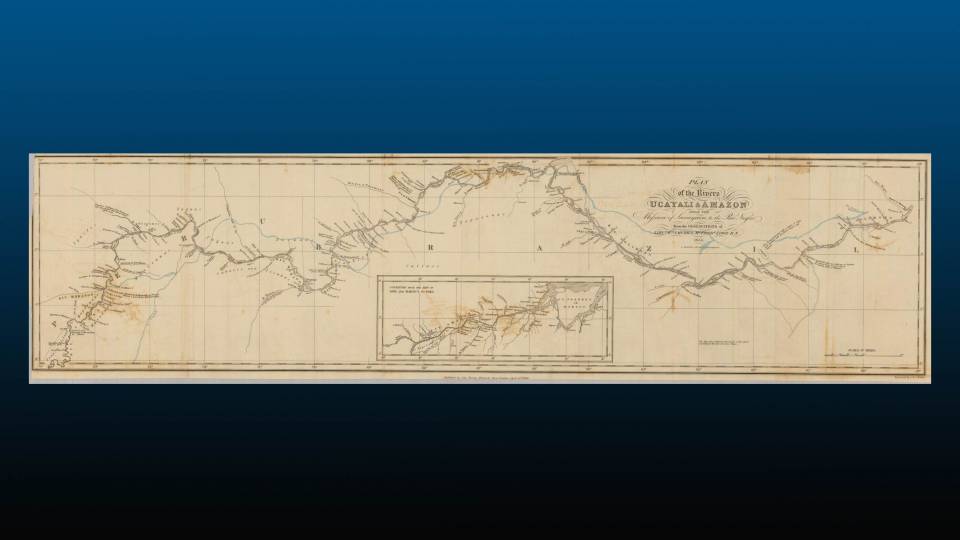Top thinkers and stakeholders from Brazil will visit the Princeton campus May 5-6 to discuss with the University community the critical environmental and climate justice issues facing the Brazilian Amazon and its Indigenous peoples.
Hosted by the Princeton Brazil LAB, the conference, “Amazonian Leapfrogging: Tackling the Climate Crisis and Social Inequality with Nature-based Solutions,” will bring together students, researchers, scholars, policymakers and health officials to examine nature-based solutions that foster environmental conservation and socioeconomic development of the Brazilian Amazon.

Ribeirinho, Solimões River, Brazilian Amazon, 2011. A nature-based, interdisciplinary approach that takes into account economic, environmental, political and historical considerations is the focus of this year’s Amazonian Leapfrogging conference.
Public events will be held Thursday, May 5, in Robertson Hall’s Arthur Lewis Auditorium (for PUID holders) and livestreamed on the Brazil LAB YouTube channel, and will highlight a multidisciplinary approach to the crisis that involves an understanding of the economic, environmental, political and historical roots and consequences.
Txai Suruí, an Indigenous leader who represented Brazil’s Amazonian peoples at COP26 in Glasgow in 2021, will open the conference by emphasizing the need to listen to the Earth as we try “to open up different paths for global change now.”
The first day of the conference will include addresses by:
- João Biehl, director of the Brazil LAB and the Susan Dod Brown Professor of Anthropology;
- Gabriel Vecchi, director of the High Meadows Environmental Institute (HMEI) and professor of geosciences and HMEI;
- Stephen Kotkin, director of the Princeton Institute for International and Regional Studies (PIIRS) and the John P. Birkelund ’52 Professor in History and International Affairs;
- Beto Veríssimo, senior researcher and co-founder of the Amazon Institute of People and Environment (Imazon) and Amazônia 2030;
- Amaney Jamal, dean of Princeton's School of Public and International Affairs (SPIA) and Edwards S. Sanford Professor of Politics.
Panel topics will include “The Amazonian Nexus in the Planet’s Green Shift” and “Drivers for an Amazonian Leapfrogging,” and the short film, “Amazon: The Tipping Point” will be screened.
Other participants will come from the Amazon Environmental Research Institute (IPAM), the Federal University of Santa Catarina/Serrapilheira and Pontifical Catholic University of Rio de Janeiro.
Friday’s sessions will be private.
The conference is being organized by Brazil LAB, together with the High Meadows Environmental Institute (HMEI), Princeton Institute for International and Regional Studies (PIIRS), the Princeton School of Public and International Affairs (SPIA), Amazônia 2030, the University Center for Human Values, and the Program in Latin American Studies at Princeton.
This year’s event is the second Amazonian Leapfrogging conference. The inaugural gathering held in 2019 focused on a long-term vision for safeguarding the Amazon from threats including illegal deforestation, fires and socioeconomic inequality.
More information on the 2022 conference, including registration for PUID holders and streaming information, is available on the Brazil Lab website.




